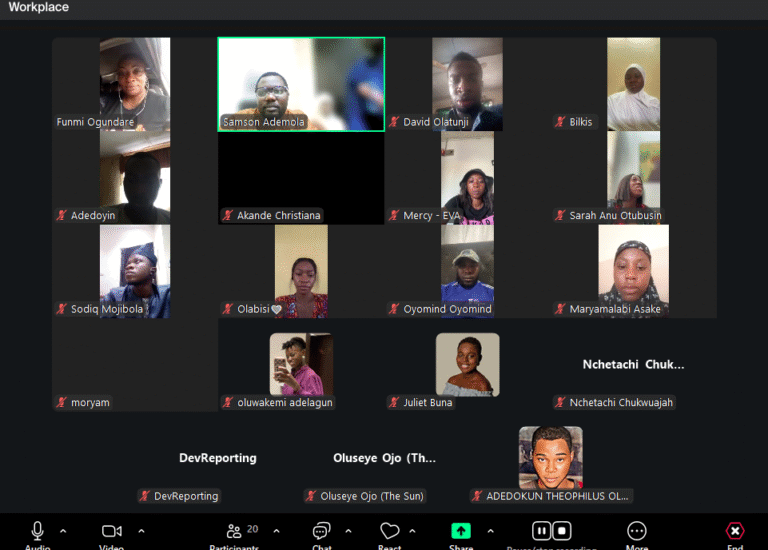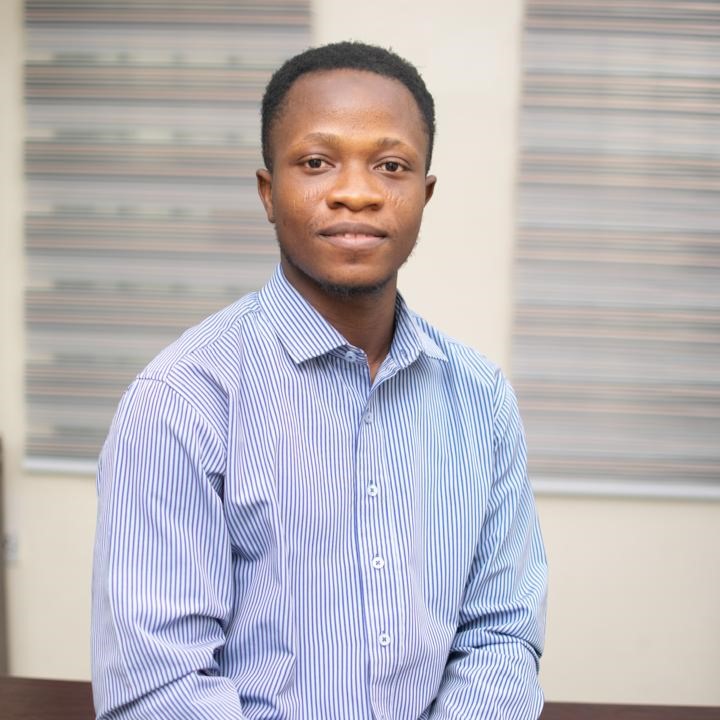DevReporting, in partnership with Education as a Vaccine (EVA) and with support from the Malala Fund, has launched a specialised reporting project aimed at strengthening accountability, transparency, and gender-responsive reporting in the Oyo State education sector.
The initiative brings together 14 journalists from print, broadcast, and online media to produce in-depth, evidence-based stories that highlight how education financing, citizen participation, and gender policies shape learning outcomes, particularly for girls’ access, retention, and completion of secondary education.
During a virtual briefing session held to commence the project, participants were taken through the editorial expectations, logistical support framework, and reporting guidelines for the three-week engagement.
The Programme Manager at DevReporting, Samson Ademola, said the project is designed to examine how resources are allocated and utilised, how citizens participate in education planning, and how gender considerations are reflected in policy and practice.
Probing gaps in the education system
The Team Lead at DevReporting, Mojeed Alabi, shared his thoughts on gender-responsive development reporting. He urged the journalists to adopt an investigative approach that interrogates transparency and accountability in the education system rather than accepting official narratives at face value.
He encouraged the journalists to approach the field with an open mind. “Our task is to uncover gaps and ask critical questions. Any story that does not reveal what authorities are not saying is public relations.”
ALSO READ: FUOYE appoints new VC, to resume February 2026
He added that several of the proposed story angles already reflect concerns around budget priorities, infrastructure deficits, and gender disparities in school attendance.
Gender, accountability, and solutions
In her remarks, representative of EVA, Anu Otubusin, commended the quality of the pitches submitted and encouraged the journalists to prioritise solution-driven reporting.
“Beyond highlighting problems, we encourage stories that point to solutions, stories that can inspire reforms, replication, or further investigation in other states,” she said.
She reaffirmed EVA’s commitment to supporting accountability and transparency in education governance, especially where girls continue to face cultural, financial, and systemic barriers to schooling.
Both DevReporting and EVA noted that editorial guidance will be provided to ensure each published report contributes meaningfully to ongoing public conversations on inclusive education financing and gender equity.
ALSO READ: ‘In Between Sexes’: Nigeria’s intersex community battles stigma, medical abuse
Earlier, Mr Ademola emphasised that plagiarism would not be tolerated while he urged journalists to rely on verified data and credible voices from the field.
“We do not accept opinions in place of evidence. This project stands for impactful, fact-based, human-centred journalism,” he said.
Background
DevReporting had, in September, asked journalists based in Oyo State or other nearby states to submit compelling story ideas exploring transparency and accountability in education financing, gender-responsive planning and budgeting, barriers to girls’ education, and citizens’ role in education planning and monitoring.
Selected journalists for the project are Bilkis Abdulraheem of Radio Nigeria, Quadri Adejumo of Techparley Africa, Oluwakemi Adelagun of Premium Times, Christiana Alabi-Akande of DevReporting, Juliet Buna of Crest TV, Nchetachi Chukwuajah of The Radar, Fatimah Hamid of Ripples Nigeria, Sodiq Mojibola of DevReporting, Funmi Ogundare of ThisDay, Oluseye Ojo of The Sun, Yomi Okanlawon of Business Metrics, David Olatunji of Lagos Voice, Gbenga Oyetola of Oyomind, and Adedokun Theophilus of African Angle.
DevReporting is a niche media and cinematic platform focusing on development reporting, while Education As a Vaccine (EVA) is a youth-focused non-profit organisation committed to improving access to quality education and promoting gender equality, with support from the Malala Fund.


